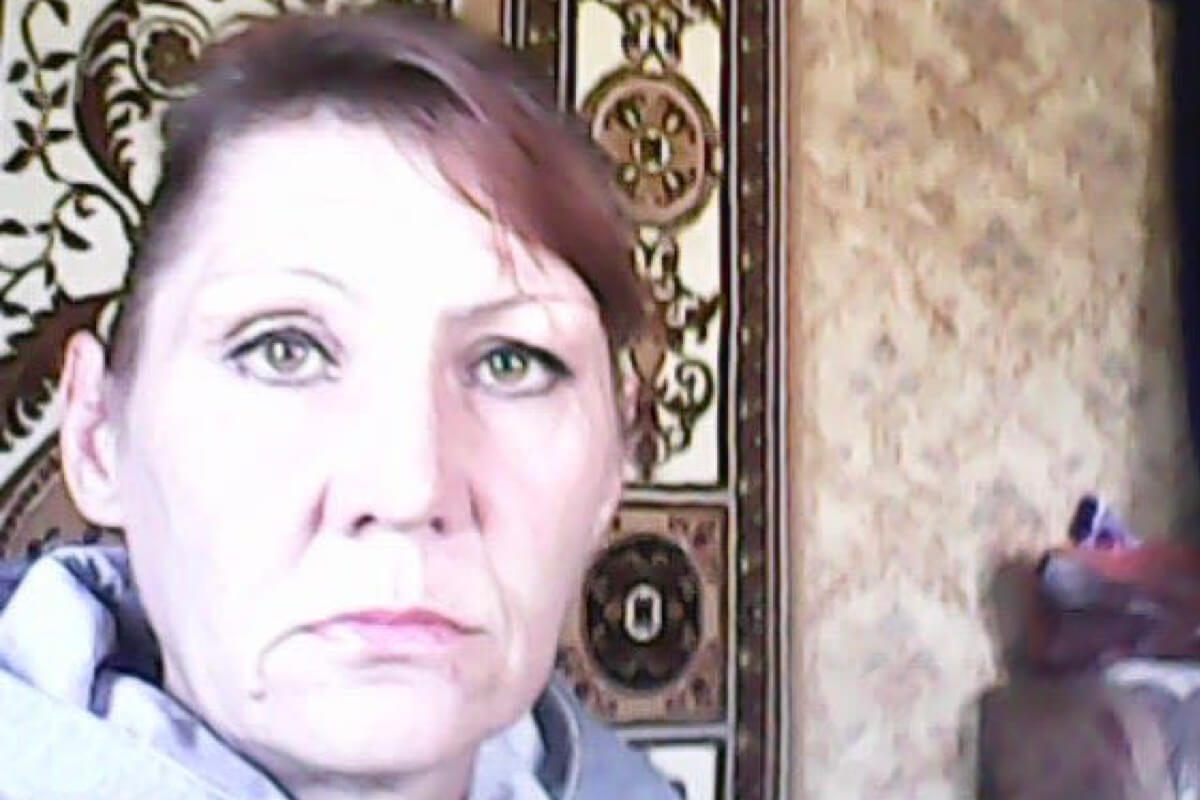
The Adopted Children Grow Up
American adoption expert Dr Dana Johnson and AUT researcher Dr Rhoda Scherman detail the impacts of growing up in an orphanage, and what it means in later life.
A lack of social interactions like touching or cuddling for children in Eastern European orphanages had as much impact on their development as poor nutrition, according to researchers. This social deprivation was as concerning as any childhood disease. Without the interaction of a devoted caregiver, the child would lose one month of motor development for every three months of institutionalisation in their first year of life.

The way children were cared for in the orphanages also affected their growth and development. Infants would be left with bottles propped up on pillows, which often didn’t allow them to get adequate nutrition. Abnormal levels of growth hormones in these children have been linked to poor cognitive and emotional functioning. It's speculated an early disruption to certain hormone development can contribute to social and emotional problems. Institutions also cared for children in age groups which meant they often didn’t have social contact with older children to help them learn and develop. A group of two year olds kept together would struggle to develop verbal skills.

Once adopted into a nurturing home, a child would experience an immediate and dramatic surge in height and weight. Important growth hormone functioning also returned to normal in most children. A 2011 study of Eastern European orphans adopted by Kiwi families found that most considered themselves in excellent or very good health. The group, by then aged over 18, smoked and drank less than the average New Zealand adult. The men were only slightly shorter than the New Zealand average while the women, at 1.55m, were 10cm below average height. More than a quarter were in tertiary study and almost all had some high school qualification.

Researcher Dr Rhoda Scherman also interviewed 50 Rusian adoptees about their cultural and ethnic identity, finding that while they didn’t deny their Eastern European roots and knew about the culture, they mostly viewed themselves as bi-cultural and well-adjusted in New Zealand society.










